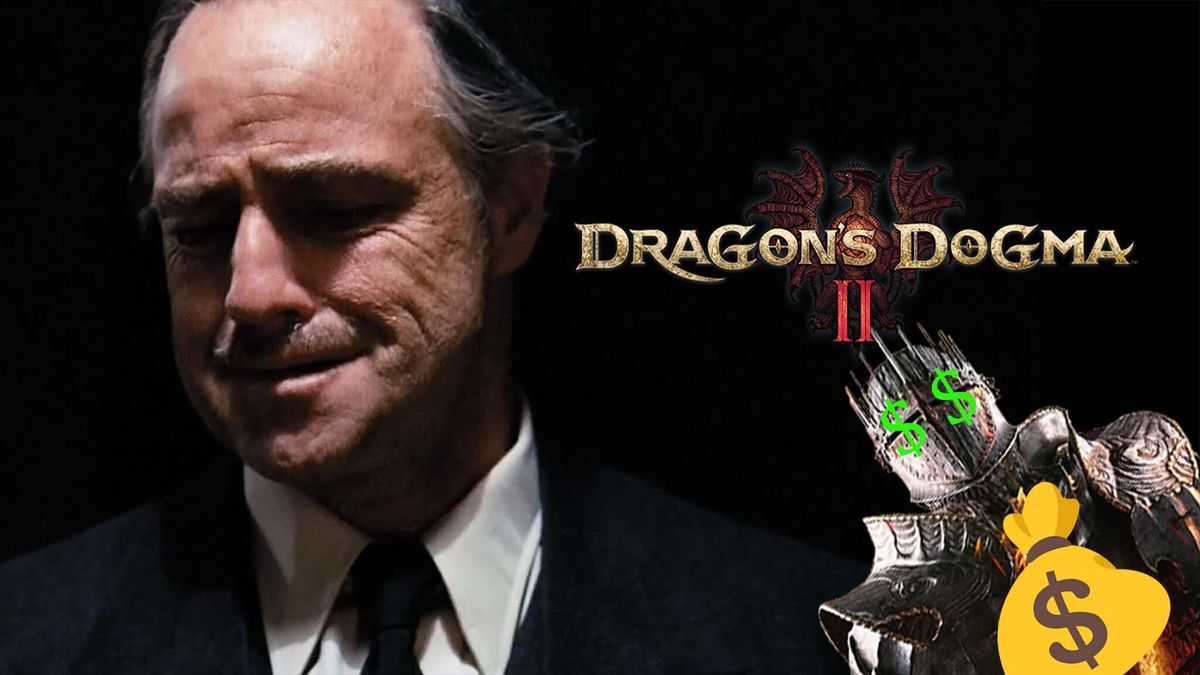What you need to know
- As Dragon’s Dogma 2 launched on PC Thursday evening, a previously hidden suite of microtransactions became available for purchase.
- Things you can buy for the single player ARPG include fast travel points, Rift Crystals for hiring Pawns and buying special items, appearance change and revival consumables, a special camping kit that weighs less than normal ones, and a few others.
- In response to the microtransactions, Dragon’s Dogma 2 is being review bombed, with the game currently sitting at “Mostly Negative” on Steam.



I think a more apt comparison is if you’re renting out a place where every light switch is three-way with one switch near the light it controls and another in a closet with all the other light switches. You can control the ones in the closet for free, but the ones in a reasonable location are pay-per-use. The problem isn’t that the features aren’t available for free. It’s that they poured resources into deliberately making things worse, then they charge you to undo that. Literally creating negative value.
Except I’m playing the game right now and these “deliberately made worse” elements have not once inconvenienced me in 20 hours.
You are all crying about nothing.
I have no interest in this game, so I wouldn’t know how it actually affects gameplay. But do you not agree that this is shitty business practice? You have a game. Sell the game. If you want microtransactions, then produce extra art or something and sell that. You can even make the case that separating out parts of the game into various DLCs on launch is acceptable. You’re at least charging for something of value that you created.
Implementing anti-cheat costs resources and makes the end result strictly worse. Now you want people to pay you to undo that? That’s creating negative value. We want the economy to run on people creating positive value.